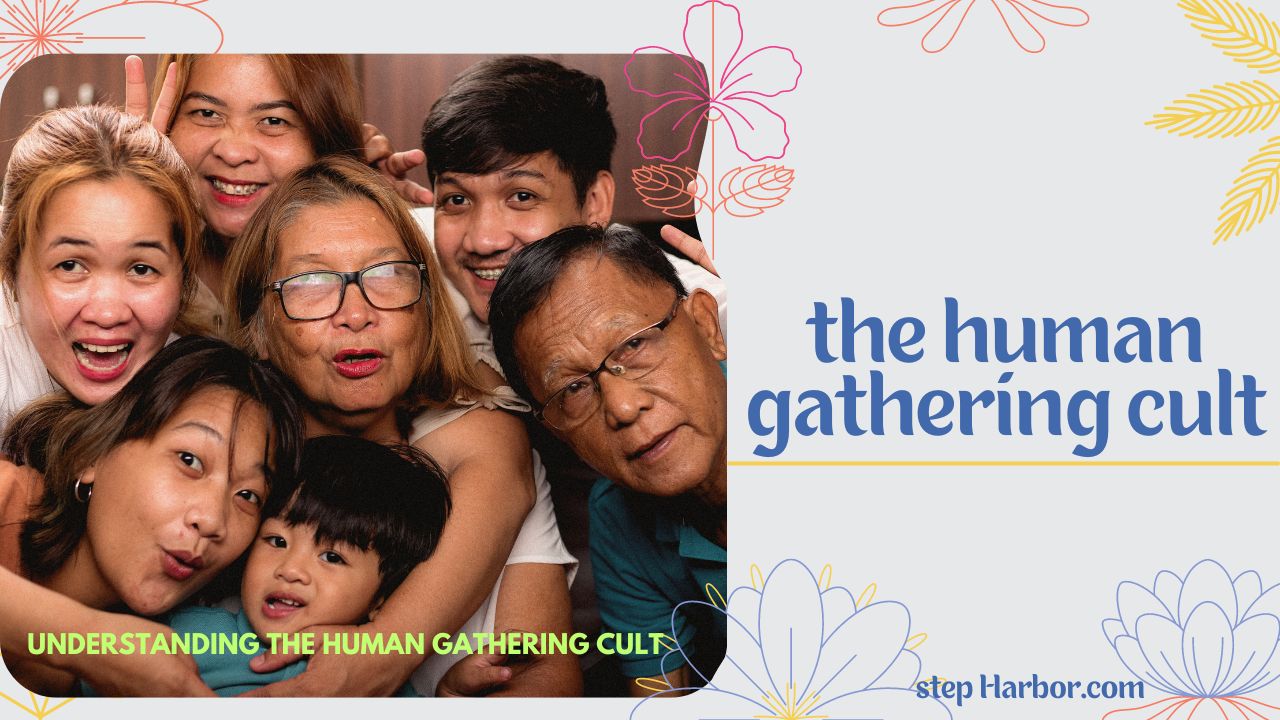
In an era where connection and belonging are highly sought after, the rise of cults exploiting these desires is a growing concern. Among these, the Human Gathering Cult has garnered attention for its manipulative practices and impact on its members. This article delves into the nature of the Human Gathering Cult, examining its origins, methods of control, and the psychological effects on those involved.
Origins and Philosophy
The Human Gathering Cult originated as a seemingly benign community aimed at fostering personal growth, spiritual enlightenment, and a sense of belonging. Founded by a charismatic leader, the cult initially attracted individuals seeking purpose and connection. The group’s philosophy often revolves around vague spiritual or ideological beliefs, promising members a path to enlightenment, self-discovery, or exclusive knowledge.
Methods of Control
The Human Gathering Cult employs a variety of manipulative techniques to control and influence its members. These methods are designed to create dependency, isolate individuals from external influences, and reinforce the leader’s authority. Key techniques include:
- Charismatic Leadership: The cult leader’s charisma and persuasive abilities are central to attracting and retaining members. Often presenting themselves as a visionary or enlightened figure, the leader demands absolute loyalty and obedience.
- Isolation: Members are encouraged to sever ties with family and friends outside the cult. This isolation strengthens the cult’s hold on individuals, making them more reliant on the group for support and validation.
- Thought Reform: Also known as brainwashing, this involves intense indoctrination sessions where members are subjected to repetitive teachings and rituals. Critical thinking is discouraged, and dissenting opinions are met with punishment or ostracism.
- Exploitation: The cult often exploits members financially, emotionally, and physically. Members may be required to donate large sums of money, perform unpaid labor, or participate in degrading activities, all under the guise of serving a higher purpose.
- Fear and Intimidation: Fear is a powerful tool used to maintain control. Members may be threatened with eternal damnation, social exclusion, or even physical harm if they consider leaving or questioning the leader’s authority.
Psychological Effects
The impact of the Human Gathering Cult on its members can be profound and long-lasting. The psychological effects of cult involvement often include:
- Identity Loss: Members may lose their sense of individuality, adopting the group’s identity and beliefs as their own. This can lead to difficulty reintegrating into society after leaving the cult.
- Emotional Trauma: The manipulative and abusive practices within the cult can result in severe emotional trauma, including anxiety, depression, and post-traumatic stress disorder (PTSD).
- Dependency: Cult members often develop a deep psychological dependency on the group and its leader, making it challenging to leave despite recognizing the harm being done.
- Alienation: The enforced isolation from family and friends can lead to a sense of alienation and loneliness, both during and after involvement in the cult.
Warning Signs and Prevention
Recognizing the warning signs of cult involvement is crucial for prevention and intervention. These signs include:
- Sudden Personality Changes: A noticeable shift in behavior, such as becoming secretive, withdrawn, or excessively devoted to a new group or ideology.
- Isolation from Loved Ones: Severing or limiting contact with family and friends, often accompanied by justifications provided by the group.
- Unquestioning Obedience: Displaying blind loyalty to a leader or group, rejecting any criticism or alternative viewpoints.
- Financial Exploitation: Making significant financial contributions to the group, often at the expense of personal well-being.
Conclusion
The Human Gathering Cult, like many others, preys on individuals’ need for connection and purpose, using manipulative techniques to exert control and exploit members. Understanding the methods and psychological effects of such cults is essential for recognizing the signs and providing support to those affected. Cultivating awareness and promoting critical thinking can help protect individuals from falling victim to these dangerous groups, fostering a safer and more informed society.







